
Flat Bay powow kicks off with traditional Mi'kmaq wedding
A 19th Century Mi'kmaq Tragedy in Newfoundland. In the early days of European settlement in remote places in Newfoundland like Bay D'Espoir, there wasn't much in way of law enforcement to protect the livyers, including the Mi'kmaq people. Despite being a peaceful race, the influx of European influence upon the people often lead to.
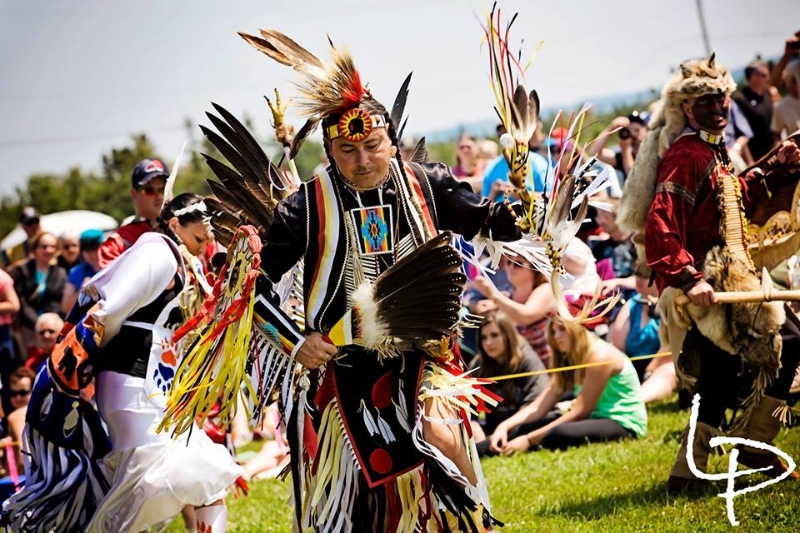
Mi'Kmaq First Nations Assembly of Newfoundland Pow Wow 2013
During the colonial period, the Mi'kmaq were allied with the French. As a result, when the French were defeated by the British in 1763, the Mi'kmaq in Newfoundland were regarded with suspicion by British authorities. By this time, the Newfoundland Mi'kmaq had developed a distinctive way of life hunting caribou, trapping furs, and exchanging.
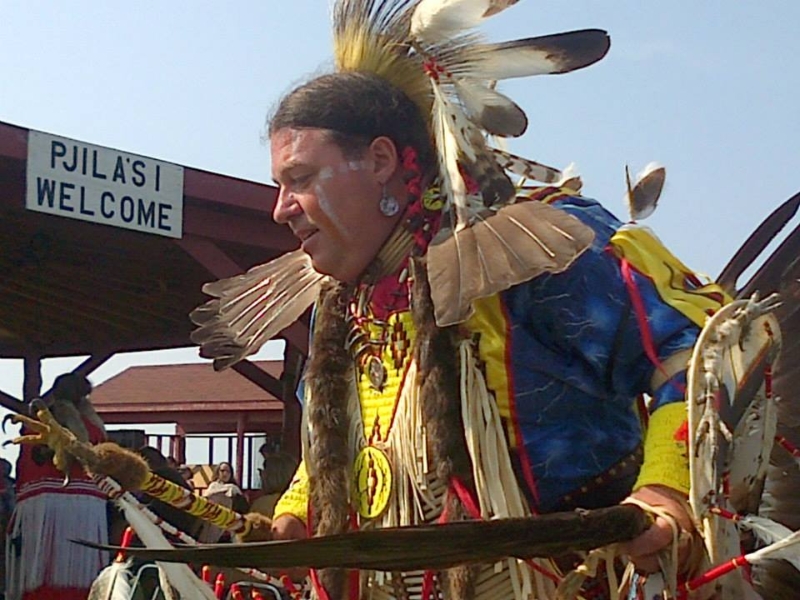
Mi'Kmaq First Nations Assembly of Newfoundland Pow Wow 2013
There is also a small number of Mi'kmaq in Newfoundland who have only recently been legally registered as Indians. Owing to natural increase, the Mi'kmaq population has been growing rapidly; by 1985, the Nova Scotia figure alone had reached 6,781. Recent estimates indicate some 14,000 Mi'kmaq descendants in the early twenty-first century.

Mi’kmaq culture celebrated at west coast powwow Newfoundland
Published Online August 13, 2008. Last Edited September 7, 2022. Mi'kmaq (Mi'kmaw, Micmac or L'nu, "the people" in Mi'kmaq) are Indigenous peoples who are among the original inhabitants in the Atlantic Provinces of Canada. Alternative names for the Mi'kmaq appear in some historical sources and include Gaspesians, Souriquois and.
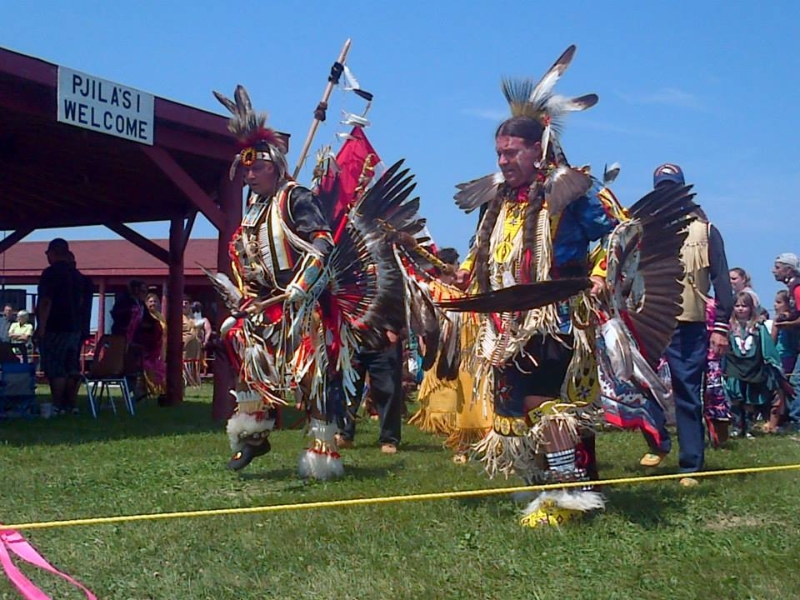
Mi'Kmaq First Nations Assembly of Newfoundland Pow Wow 2013
The long road to recognition for the Qalipu Mi'kmaq. By Trina Roache. Feb 01, 2017. Trina Roache. APTN National News. When Newfoundland first joined Canada in 1949, its new premier Joey Smallwood declared that there were no Indians there. But Mi'kmaq Elder Calvin White from Flat Bay, NL begs to differ. "We were-I'll be bold enough to.
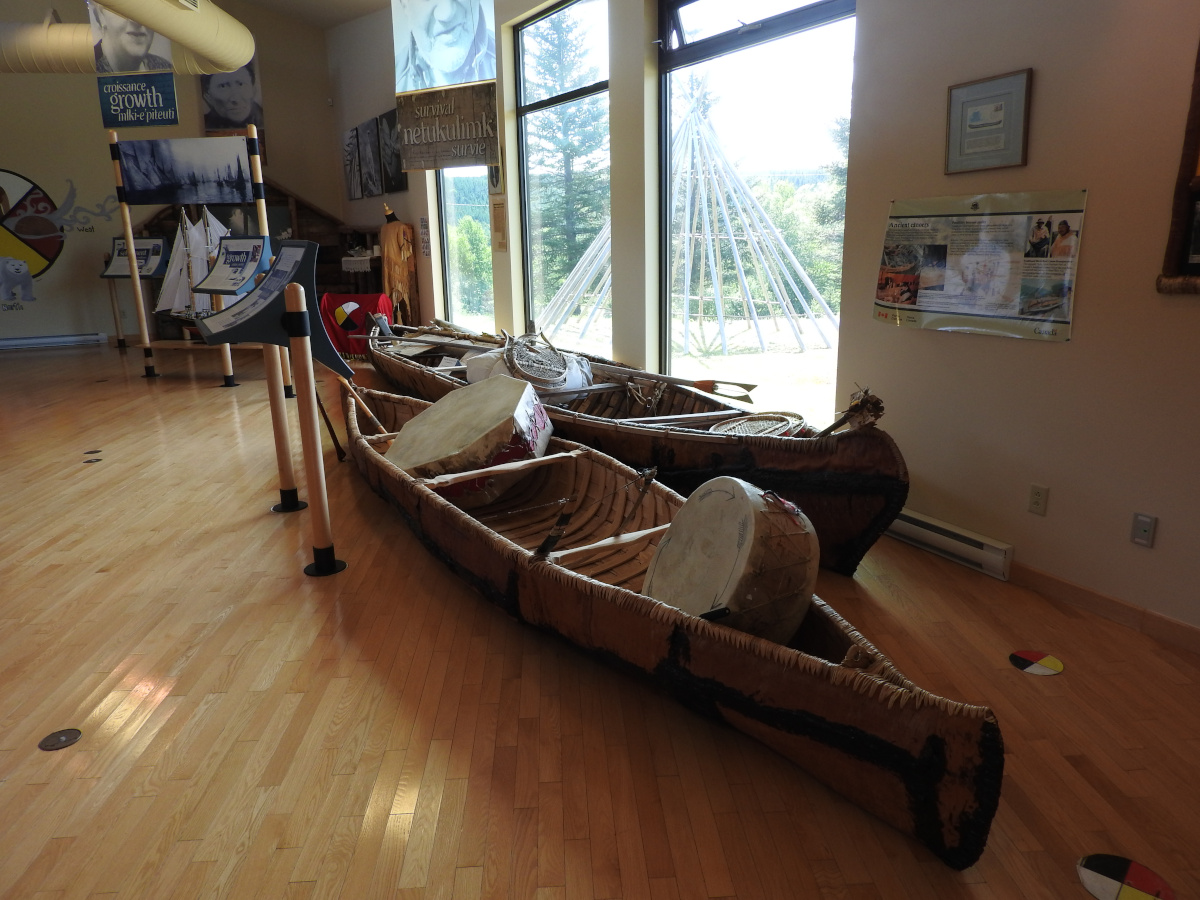
Mi'kmaq Discovery Centre Conne River Bob's Newfoundland
N.L. elementary school textbooks from the 1950s and 1960s included the so-called "mercenary myth" as fact, and Ivan J. White, a Mi'kmaw man from Flat Bay, recalls learning the colonized version of.
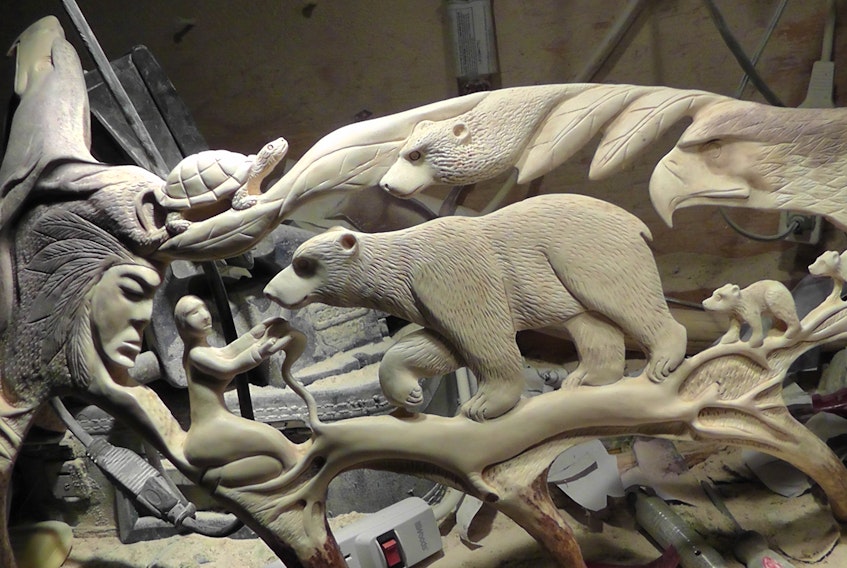
Newfoundland Mi’kmaq man carving ‘from the soul’ for a worldwide
Historically, the Mi'kmaq were probably the people that Italian explorer John Cabot first encountered in 1497. Although early European chroniclers described them as fierce and warlike, they were among the first indigenous peoples to accept Jesuit teachings and to intermarry with the settlers of New France. In the 17th and 18th centuries the.
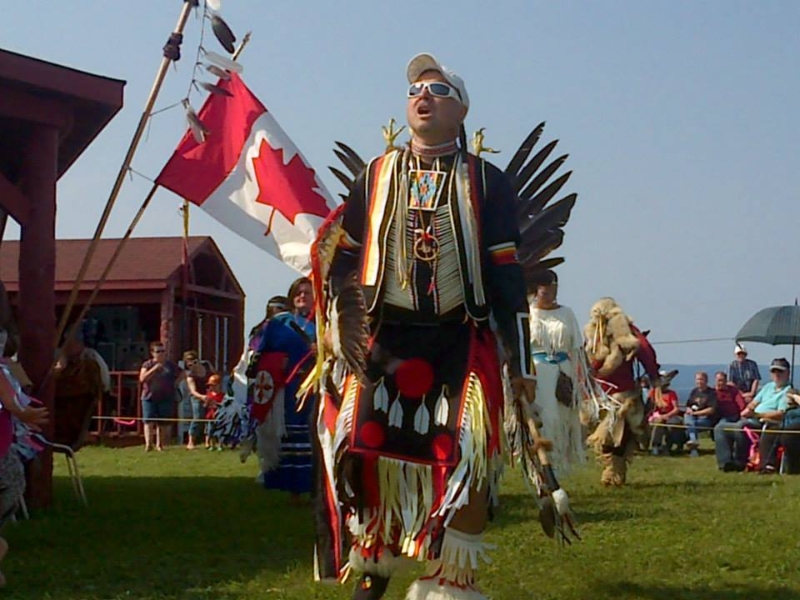
Mi'Kmaq First Nations Assembly of Newfoundland Pow Wow 2013
The Mi'kmaq (also Mi'gmaq, Lnu, Miꞌkmaw or Miꞌgmaw; English: / ˈmɪɡmɑː / MIG-mah; Miꞌkmaq: [miːɡmaɣ]) [3] [4] [5] are a First Nations people of the Northeastern Woodlands, indigenous to the areas of Canada 's Atlantic Provinces, primarily Nova Scotia, New Brunswick, and Newfoundland, [6] and the Gaspé Peninsula of Quebec as well.

Conne River announces BeothukMi’kmaq DNA research project funded by
The province of Newfoundland and Labrador today is home to four peoples of Indigenous ancestry: the Inuit, the Innu, the Mi'kmaq and the Southern Inuit of NunatuKavut (formerly the Labrador Inuit-Metis). The Inuit are the descendants of the Thule people who migrated to Labrador from the Canadian arctic 700 to 800 years ago.

Mi'Kmaq First Nations Assembly of Newfoundland Pow Wow 2013
The Honourable Marc Miller, Minister of Indigenous Services Canada, and Brendan Mitchell, Chief of Qalipu Mi'kmaq First Nation, have announced that they are ready to advance a new agreement that will allow for the reconsideration of applications for active service members of the Canadian Armed Forces, RCMP and veterans of these forces who were denied founding membership in the Qalipu Mi.

Mi'Kmaq First Nations Assembly of Newfoundland Pow Wow 2013
Mi'kmaq culture as well as their economy came under attack in the first half of the 20th century. The Mi'kmaq had been Roman Catholics since the end of the 17th century and Newfoundland's Mi'kmaq had maintained their ties with the church through visits to French priests in St. Pierre, off Newfoundland's south coast, and to Cape Breton, especially for the July 26th feast of St. Anne.
Portrait of three Mi’kmaq Women, Newfoundland, 1857 r/OldSchoolCool
The Qalipu First Nation (Pronounced: ha-lee-boo, meaning: Caribou), is a Mi'kmaq band government, created by order-in-council in 2011 pursuant to the Agreement for the Recognition of the Qalipu Mi'kmaq Band.After the band was approved as a First Nation, 100,000 people applied for membership and a total of 23,000 were approved. This band is a landless band based on the island of Newfoundland.
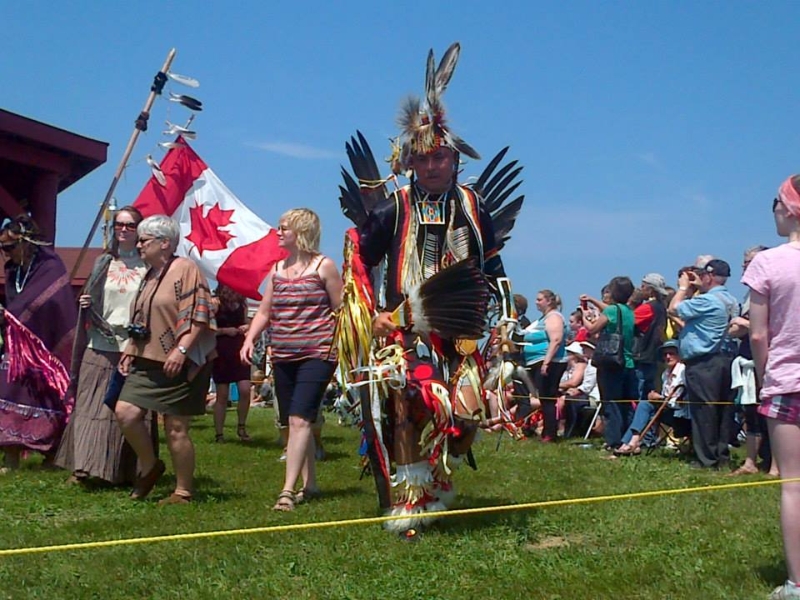
Mi'Kmaq First Nations Assembly of Newfoundland Pow Wow 2013
Last Edited November 5, 2021. Qalipu (pronounced: ha-lee-boo) is a Mi'kmaq First Nation based in Newfoundland and Labrador . The nation was established in 2011 under the Indian Act. According to the federal government , Qalipu has 24,464 registered members in 2021, making it the second-largest First Nation by population in Canada.
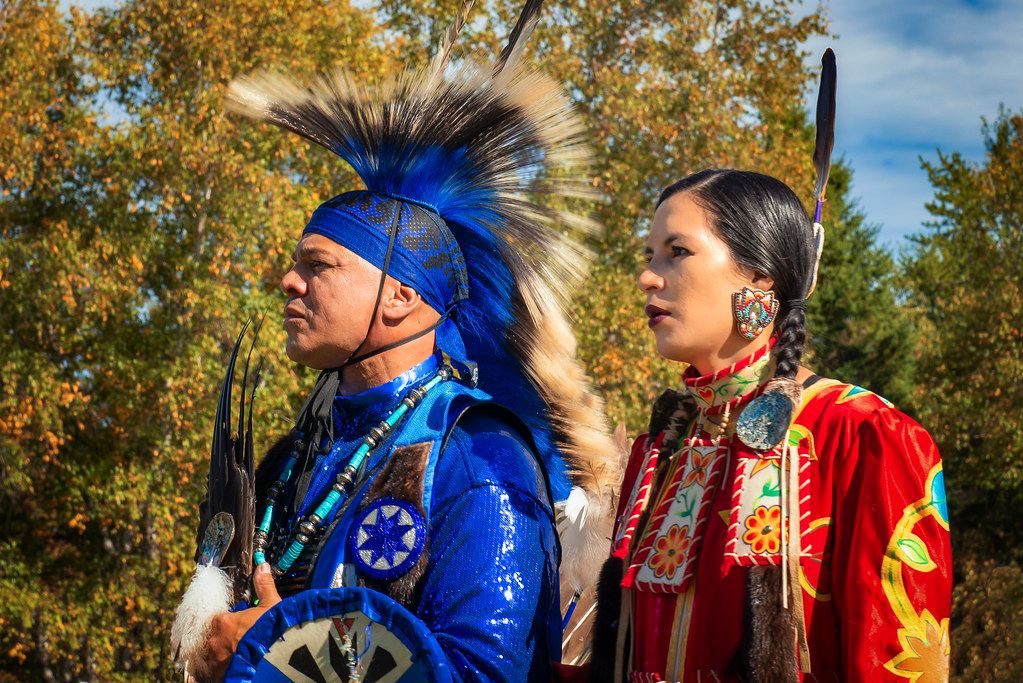
Mi'kmaq Nation People The Mi'kmaq are a First Nations peop… Flickr
Ottawa scrambles to renegotiate 2008 deal after 100,000 people register as Mi'kmaq to receive benefits under agreement with Federation of Newfoundland Indian
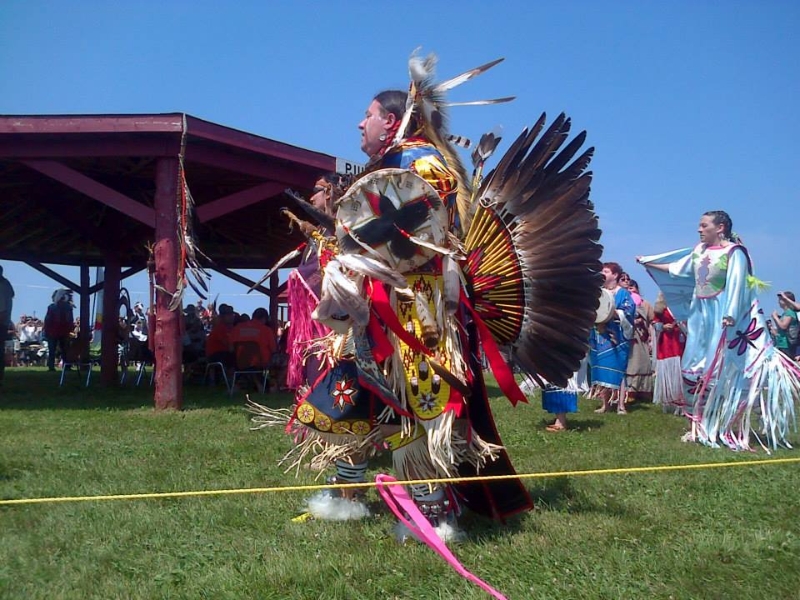
Mi'Kmaq First Nations Assembly of Newfoundland Pow Wow 2013
The author of a new book on Mi'kmaq in Newfoundland says the ambiguity of some Mi'kmaw identity claims in the province are casting doubt on those with legitimate claims.
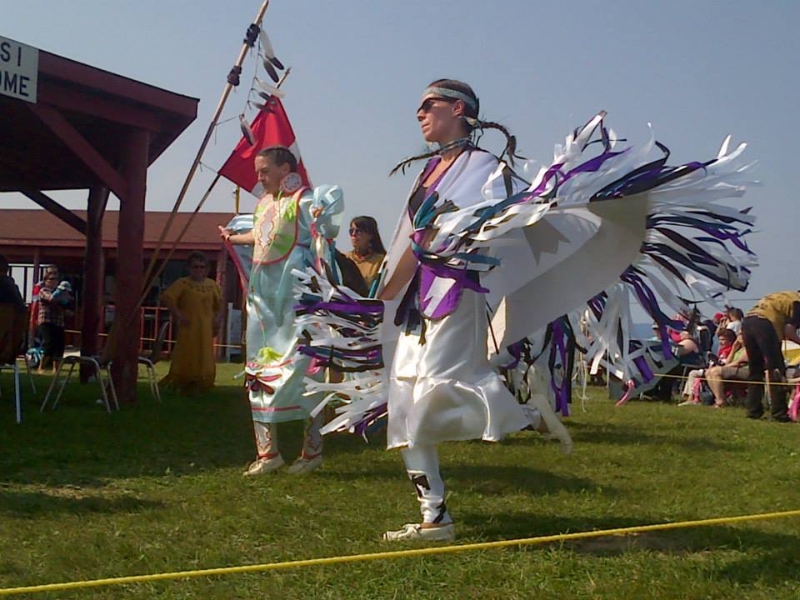
Mi'Kmaq First Nations Assembly of Newfoundland Pow Wow 2013
March 1, 2018. Qalipu Mi'kmaq First Nation, which includes Mi'kmaq from all across Newfoundland, stands to become the largest First Nation band in Canada with more than 104,000 applicants for membership since 2008. That is, if the band and the federal government can figure out who belongs. Qalipu, which means "caribou" in Mi'kmaq, is.